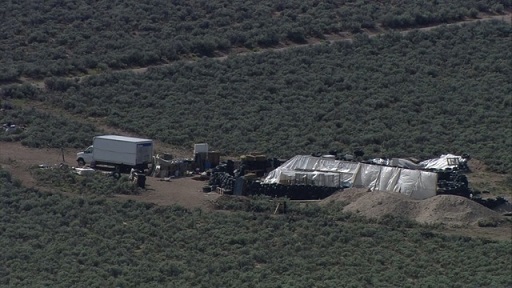
A New Mexico judge has received death threats after granting bail to five adults arrested at a desert compound.
Judge Sarah Backus said the prosecution had not convinced her the defendants were a threat to the community.
Police had arrested the two adults and three women at a remote compound raided in the search for a missing three-year-old boy, Abdul-Ghani Wahhaj.
Officers found 11 starving children and the buried remains of a toddler in a case that has shocked the country.
Judge Backus granted the five bail after a hearing on Monday, ordering that all five must wear ankle monitors and have weekly contact with their lawyers.
The boy’s father, Siraj Wahhaj, was one of the five arrested.
But her decision has caused a storm of protest.
A spokesperson for the New Mexico courts said a caller told the judge “he wished her throat were slit”, with another saying he “hoped someone would come and smash her head in”.
An email to Ms Backus called her an “Islamic terror sympathiser”.
The Taos County court building was evacuated briefly on Tuesday after the threats.

Judge Backus said at the hearing that while what she had heard was “troubling”, prosecutors did not prove that the defendants posed a threat to the wider community.
“The state alleges that there was a big plan afoot, but the state hasn’t shown to my satisfaction, in clear and convincing evidence, what that plan was,” she said.
The prosecution argued that all five adults were dangerous and should not be granted bail, because they had trained the children to use weapons and carry out school shootings.
They also said that the remains found at the site were those of Abdul-Ghani and that the other children said the boy had died during a “religious ritual… intended to cast out demonic spirits”, where Siraj Wahhaj had put his hand to his son’s forehead, and recited verses from the Koran.
But defence lawyers accused the prosecution of treating the five suspects unfairly because they are Muslim – something prosecutors deny.
Defence lawyer Thomas Clark said after the hearing that if the accused were Christian and white then “nobody would bat an eye over the idea of faith healing”.
“But when black Muslims do it, there seems to be something nefarious, something evil,” he said.
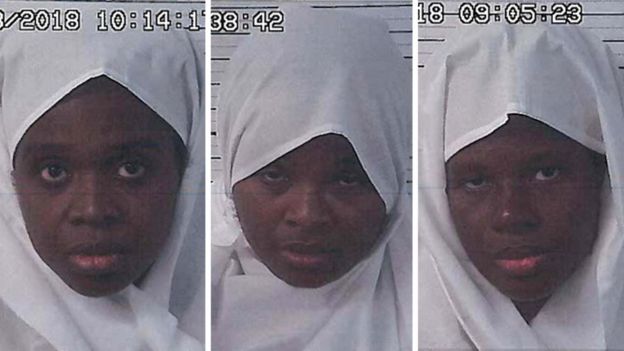



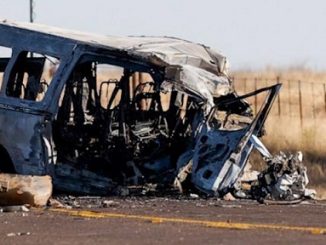
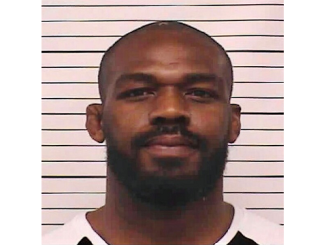
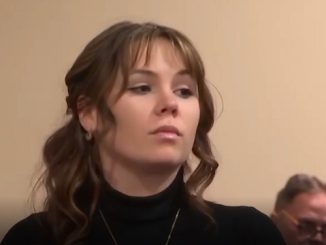
Be the first to comment